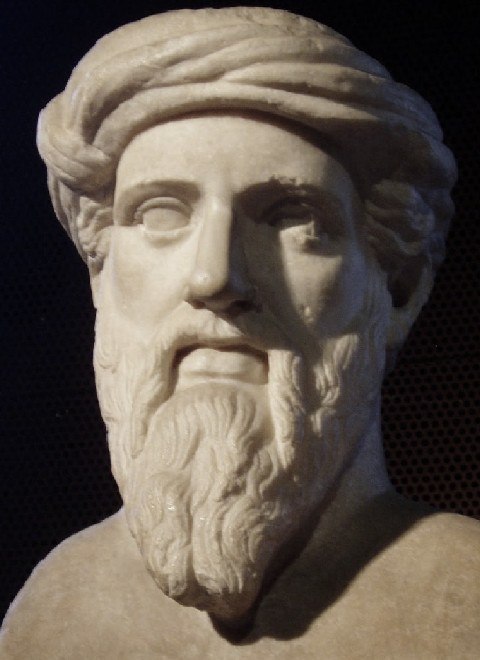Introduction
Hermeticism is a philosophical and spiritual tradition based on the writings of Hermes Trismegistus, a legendary figure from ancient Egypt. The Hermetic corpus is a collection of texts written over centuries, and it covers a wide range of topics, including philosophy, religion, alchemy, and magic.
Hermeticism has had a profound influence on Western thought and culture for centuries. It has been embraced by philosophers, scientists, artists, and mystics alike. Hermetic ideas can be found in the works of such notable figures as Plato, Plotinus, Marsilio Ficino, Isaac Newton, and William Shakespeare.
History of Hermeticism
The origins of Hermeticism are shrouded in mystery. The Hermetic corpus is attributed to Hermes Trismegistus, who is said to have been a wise and powerful Egyptian king and priest. However, no historical evidence supports the existence of Hermes Trismegistus. It is more likely that he was a composite figure, a combination of several different historical and mythical figures. The first Hermetic texts appeared in the 2nd century CE. These texts in Greek were influenced by Egyptian religious and philosophical thought. The Hermetic corpus continued to grow and evolve over the next few centuries and was translated into many different languages. Hermeticism experienced a revival during the Renaissance. This revival was led by scholars such as Marsilio Ficino, who translated the Hermetic corpus into Latin. The Renaissance Hermeticists were interested in various topics, including philosophy, religion, alchemy, and magic. They believed that the Hermetic corpus contained the keys to ancient wisdom and power.
Hermeticism continued to be influential in the centuries that followed the Renaissance. It played a role in developing Enlightenment thought and the Romantic movement. Hermetic ideas have also been influential in the development of modern esotericism.
Hermetic Beliefs
Hermeticism is a complex and multifaceted tradition, and there is no one set of beliefs that all Hermeticists adhere to. However, there are some core beliefs that most Hermeticists share. One of the core beliefs of Hermeticism is the principle of correspondence. This principle states that “as above, so below.” which means a correspondence between the macrocosm (the universe) and the microcosm (the individual). The correspondence principle is used to justify magic and alchemy.
Another core belief of Hermeticism is the principle of polarity. This principle states that everything has its opposite. This opposition is not always good and evil but is necessary for balance and harmony. The principle of polarity is used to explain the duality of the universe.
Hermeticists also believe in the importance of self-knowledge and transformation. They think that the goal of human life is to achieve spiritual perfection. Perfection can be achieved through the study of philosophy, the practice of meditation, and the use of magic.
Hermeticism and Other Traditions
Many other traditions, including Egyptian religion, Greek philosophy, and Christianity, have influenced Hermeticism. Hermeticism has also influenced many practices, including alchemy, magic, and modern esotericism.
Hermeticism in the Modern World
Hermeticism is still influential in the modern world. It is studied by scholars and practitioners alike. One can find Hermetic ideas in many books, articles, and websites. There are also many Hermetic organizations and groups active around the world.
Hermetic Texts
The Hermetic corpus is a collection of texts written over centuries, covering various topics. Some of the most essential Hermetic texts include:
The Poimandres
The Corpus Hermeticum
The Emerald Tablet
The Kybalion
These texts contain the core teachings of Hermeticism, and they have been studied and interpreted by Hermeticists for centuries.
Hermetic Practices
Hermeticism is not just a philosophical tradition. It is also a practical tradition. Hermeticists engage in a variety of practices, including:
Meditation
Prayer
Ritual
Magic
Alchemy
These practices are to help Hermeticists to achieve spiritual perfection and to understand the mysteries of the universe.





